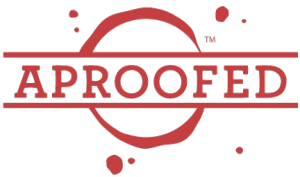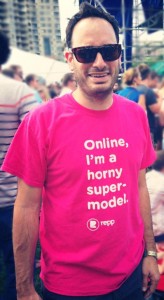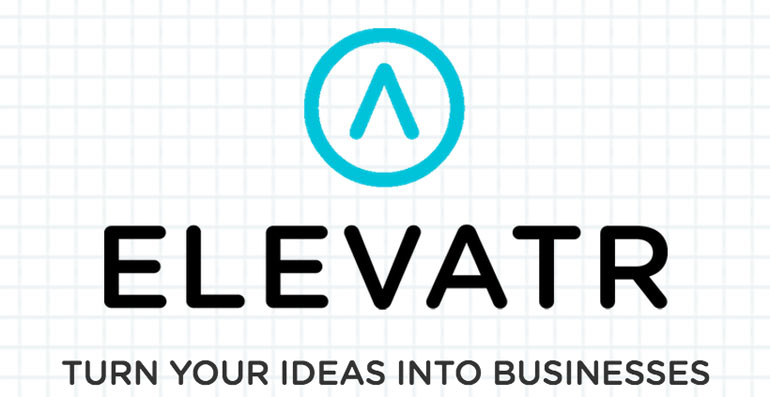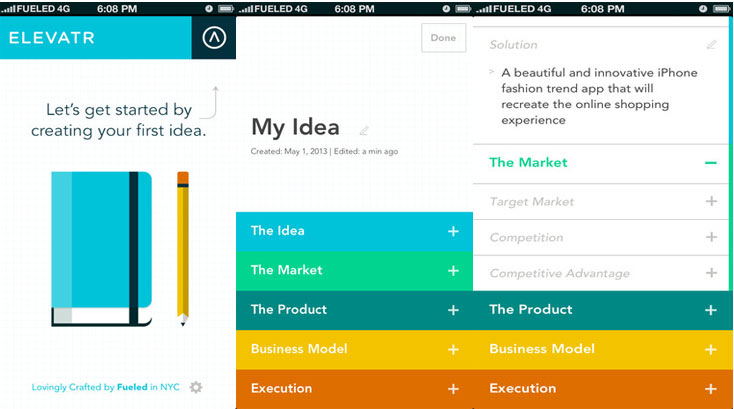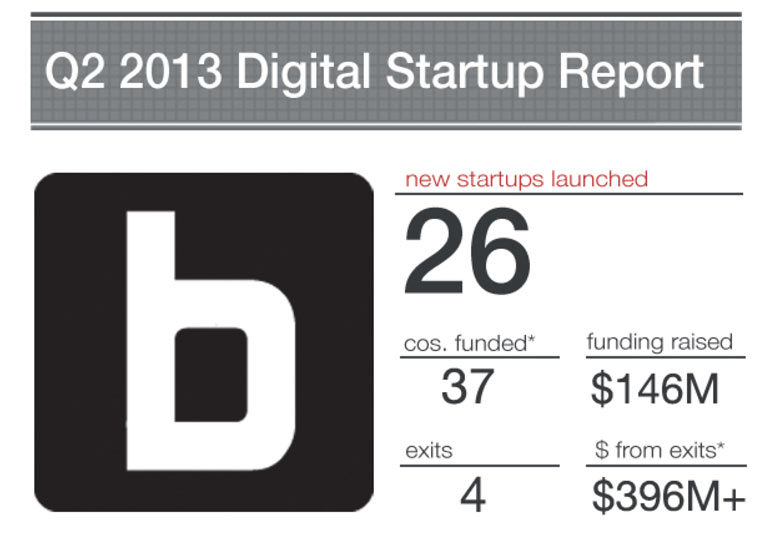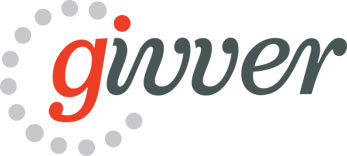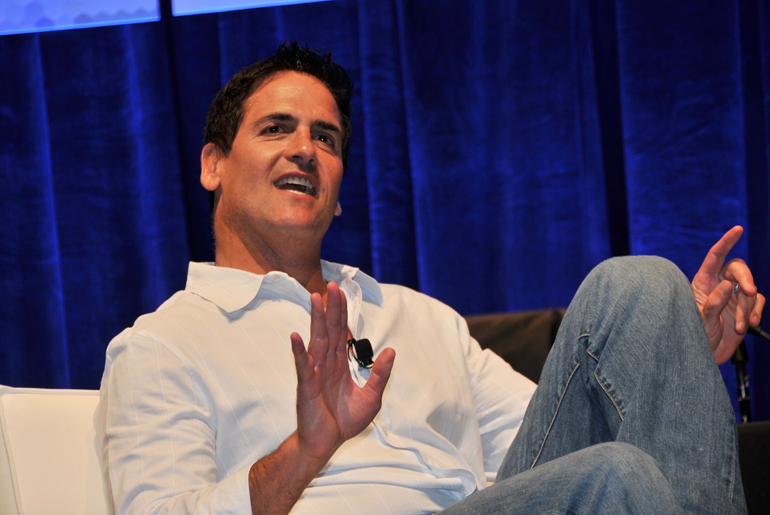 Ryan Negri, the founder of Negri Electronics and now a startup called Laicos, and Kyle Mathews, the co-founder of Laicos believe that everyone is “one social person” so they should only have one social app. They are hoping that app is Laicos’ first app, Fuse.
Ryan Negri, the founder of Negri Electronics and now a startup called Laicos, and Kyle Mathews, the co-founder of Laicos believe that everyone is “one social person” so they should only have one social app. They are hoping that app is Laicos’ first app, Fuse.
Fuse is a social aggregator of sorts that combines all of your popular social networks into one feed. Where platforms like Hootsuite allow a user to peruse multiple social feeds at one time through individual streams, Fuse, has one big stream for all social interactions. Right now Fuse will bring together Instagram, Twitter, Facebook and LinkedIn so that you can cross post, cross read and share all at the same time without having to open and close multiple apps.
Both entrepreneurs know that there are services, like Hootsuite described above, that do what they want to a degree, but Fuse is the only platform that views everything in one big feed.
Mathews is based in Tampa Florida while Negri is based in California. Neither co-founder is a stranger to working remotely. Negri talks about launching his successful electronics business in Wisconsin and then working remotely from California even after relocating that company to Nevada.
Negri’s electronics business specializes in mobile devices, and even imports some of the more high end “unlocked” devices from overseas his customers there are typically early adopters on all aspects of technology. That’s where Negri became so intrigued with solving this social problem, telling us he’s surprised no one has done it this way before. Fuse makes a lot of sense.
Check out our interview with Negri below and for more information check out Fuse’s website here.
 What is your startup called?
What is your startup called?
Laicos
What does your company do?
Laicos was created to focus on social application development, mostly in the mobile app arena.
Who are the founders, and what are their backgrounds?
The founders of Laicos are Ryan Negri (@ryannegri) and Kyle Matthews (@kylematthews)
Ryan is the founder of NegriElectronics.com. With over 40,000 unique and satisfied customers during more than seven years of operation, Negri Electronics has become a leader in the high end unlocked wireless industry. Before starting Negri Electronics, Ryan, our CEO, was just an avid fan of new technology, excited about the seemingly certain and infinite growth of mobile capabilities and intent on being the first to get his hands on the latest devices. Today, Ryan is still that same fan, and he offers a platform for others, like him, to get the very best wireless devices before anyone else in the world. In June of 2006, Negri Electronics began operations from an apartment in Northern Wisconsin as a distributor of high end unlocked wireless devices through a variety of third-party retail channels. It wasn’t long before the small business was overwhelmed by demand and faced with the opportunity to expand. Ryan leased his first office space, hired his first employee, and launched the first version of NegriElectronics.com. The business met the inevitable challenges each new business faces and overcame them because of Ryan’s dedication to his vision. He knew that an opportunity existed for a company that could offer exclusive devices with outstanding customer service if the price was right. The market was responding and Negri Electronics had expanded its team to five before Ryan made the decision to move from his Wisconsin roots to an area of the country that was closer to his customers and new suppliers and full of entrepreneurial energy. Ryan moved from Wisconsin to Southern California and ran the business remotely with the help of a loyal Wisconsin-based operations manager that had been with the business from the start. The business continued to grow by adding team members in finance and marketing roles, but as time passed, the advantages of operating a business in Nevada became apparent.Negri Electronics relocated its Wisconsin operation to a newly rented warehouse in Las Vegas, Nevada to take advantage of the lower costs of doing business and to make a positive impact in the Las Vegas community. Through local hiring efforts, the Nevada team added energetic and talented warehouse and customer service professionals and, within one year, the company outgrew its space once again. Today, Negri Electronics is a privately owned corporation headquartered in a nearly 6,000 square feet facility in Las Vegas, Nevada with an office in Southern California that houses administrative, finance, and marketing functions. The business offers nearly 5,000 products through a redesigned website and ships to over 190 different countries around the world. Ryan is still in touch with many of his first customers who count on him for his expertise, and they remain loyal customers and valued friends of Negri Electronics. The entire team is extremely proud of the progress to date and remain enthusiastic and optimistic about the possibilities ahead.
Kyle Matthews is the co-founder of ModMy, LLC. Their main website, ModMyi.com, is the largest iPhone customizing community on the internet, with over 850,000 members and over 1 million daily page views. Kyle has been involved in the modifying scene for over a decade, starting with Motorola phones just before the release of the Razr, and continuing this passion for do-it-yourself modifying of devices and software into the iPhone scene. When ModMyi launched in 2007 along with the release of the first iPhone, it was home to many of the first iOS developers in the world – long before Apple released an official SDK or App Store (remember the first year of iPhone had native apps only!). Cody Overcash, the other co-founder of ModMyi.com, created the first iPhone “theme” ever, starting the hugely popular iPhone theming community. Thousands of talented digital artists helped to grow ModMyi.com by creating beautiful third-party UIs and themes for Apple’s flagship device, which they continue to do. The ModMy sites began as purely a hobby, with both the founders having separate jobs. As the community grew, we experienced rapid growth and learned quite a bit about running large online communities, from best practices on management, to server tweaking and creating custom software to enhance the tools we were already using. ModMy quickly became a full time job for both Kyle and Cody, and has now expanded to include daughter companies like ModMedical, which creates iPad apps for medical device companies, and Brooks Motorsport Composites, which takes the customization mindset to the physical world in building custom carbon fiber aero solutions for race cars. Kyle is also very active in the non-profit world, as the co-founder and executive director of Because of Ezra. Because of Ezra was formed in 2011, after the 2010 loss of Kyle and his wife Robyn’s son, Ezra, to neuroblastoma, the most common cancer in infants. Ezra lived exactly 800 days. Neuroblastoma in stage 4 (the most commonly diagnosed staging) has only a 40% cure rate, and relapsed neuroblastoma has no current cure. Because of Ezra seeks to fill some of the large gaps in funding for neuroblastoma research. Since 2011 they’ve give over $130,000 to fund relevant, patient-affecting research into a cure. With a focus on creating exciting online projects with beautiful designs, Kyle has a large skill set relating to most web and mobile development and design projects.
Where are you based?
Tampa, FL, and Costa Mesa, CA.
What’s the startup scene like where you are based?
The Tampa startup scene is brand new, and rapidly growing. A burgeoning digital crew are beginning to pop up, and a host of medical companies also exist.
The Southern California Startup scene is rapidly expanding. With many new startups opening offices in Santa Monica, it’s slowing becoming “Silicon Beach”. We are excited to be a part. We have not yet tapped into the Vegas Startup Scene, but are excited to do so once we get a little more traction and Tony (Hsieh) starts replying to my requests to coordinate. Negri Electronics is based out of Las Vegas – a Tech Ecommerce site 7 years in the making – with similiar values as Zappos.
What problem do you solve?
With Fuse, our flagship product, we solve the problem of social presence fragmentation. Our tagline is “You’re one social person. Get one social app.” As you interact with the social networking world, we find people are increasingly maintaining multiple presences, requiring multiple apps to manage. Fuse brings together all your social networking in one beautiful, unified experience. Interact with your Twitter, Facebook, Instagram and LinkedIn contacts all at the same time. We have future plans to incorporate more networks as we grow.
Why now?
Managing your social presence is taking more and more time as multiple networks vie for your attention. A few solutions exist to interact with multiple networks, but they still fragment the experiences within the app. Fuse solves that issue.
What are some of the milestones your startup has already reached?
We’ve launched our first product, Fuse, in the App Store!
What are your next milestones?
Laicos’ next milestones are acquiring users. We’re also a month or so away from launching a major redesign, which better matches the flat design seen in iOS 7. An Android version of the app is also in the future musings.
Where can people find out more? Any social media links you want to share?
You can find out more about Fuse here, and by downloading the app on your iPhone from the iTunes store here.







